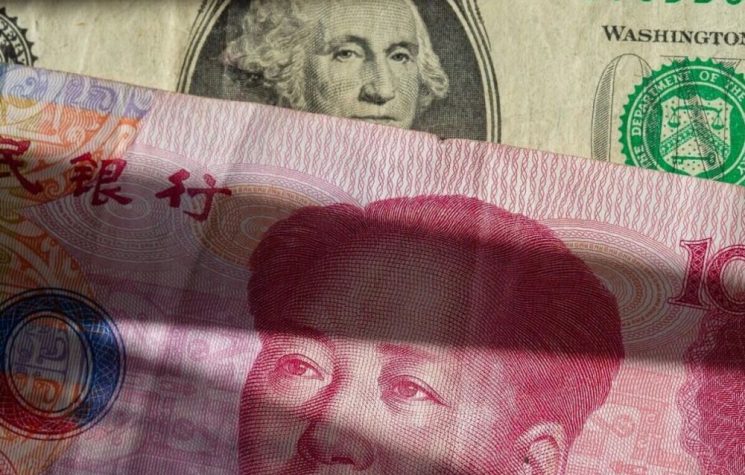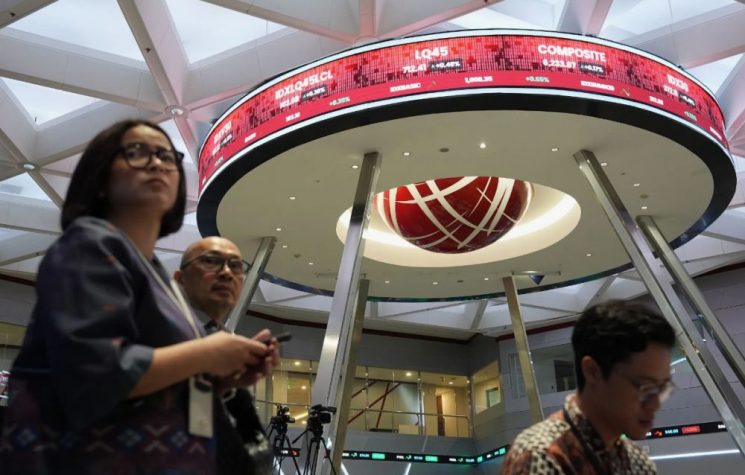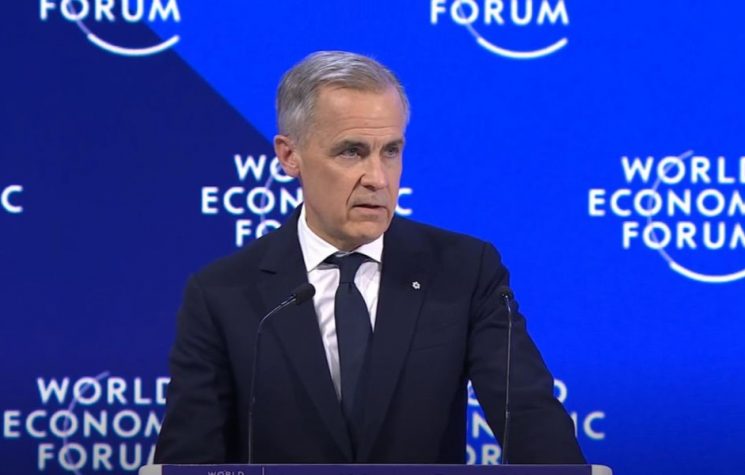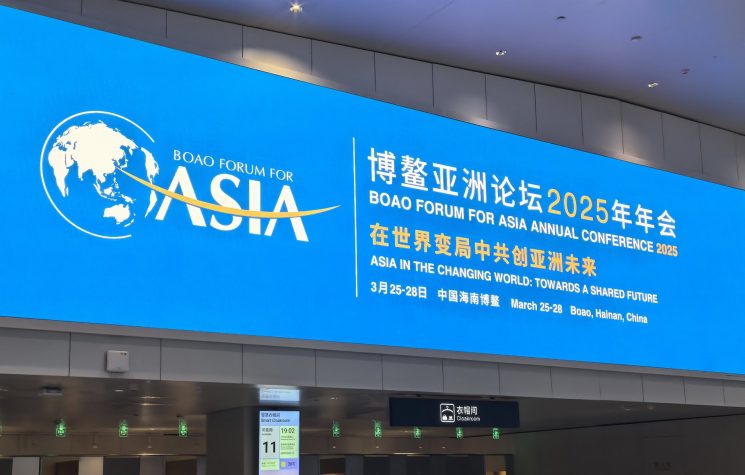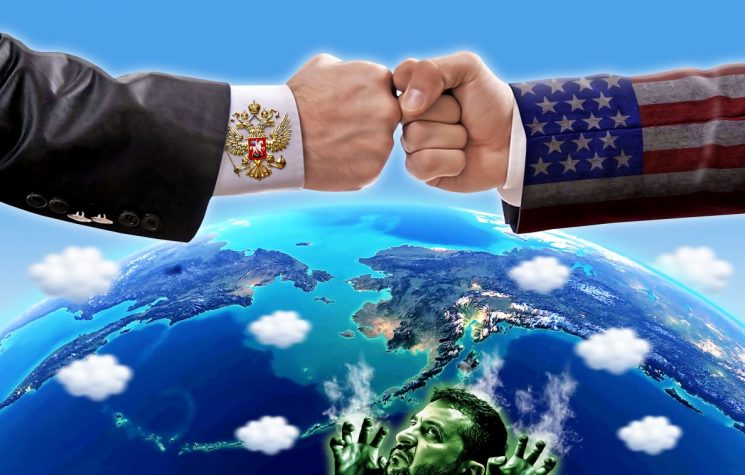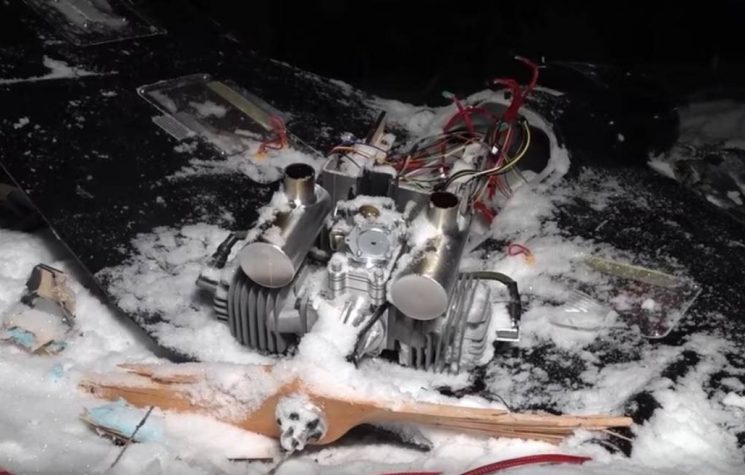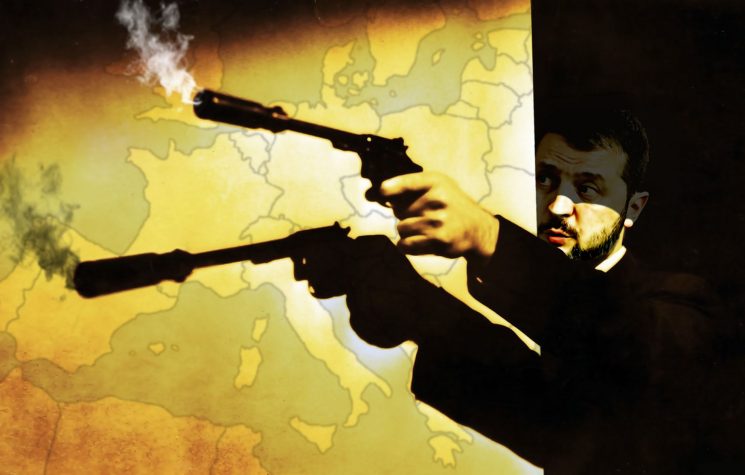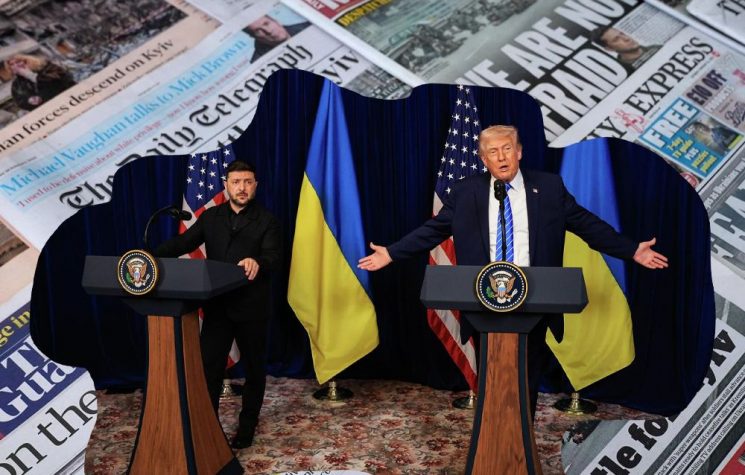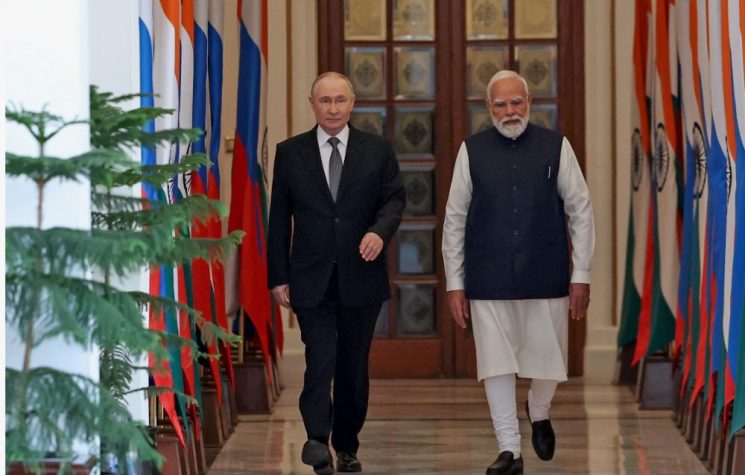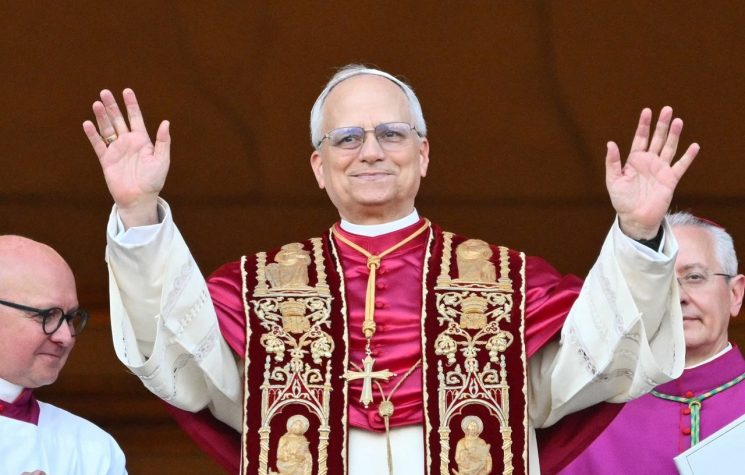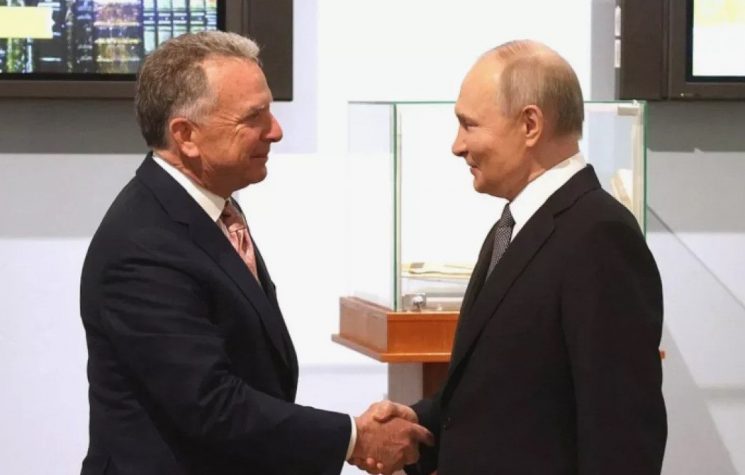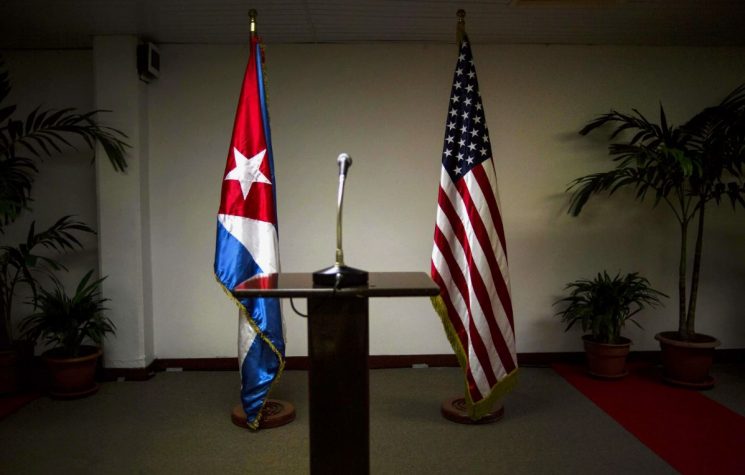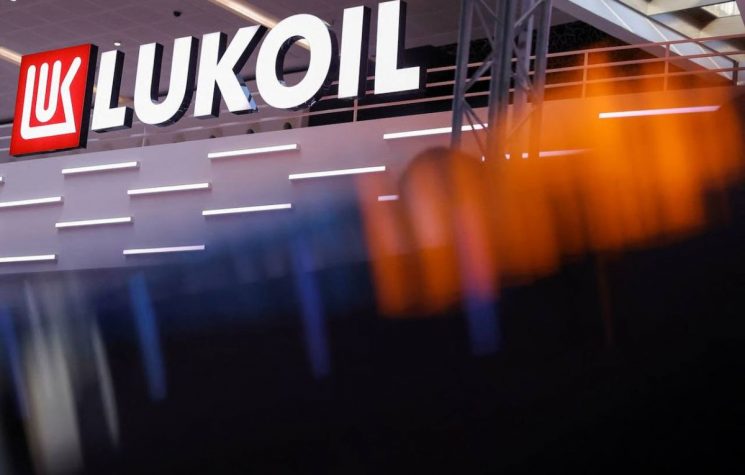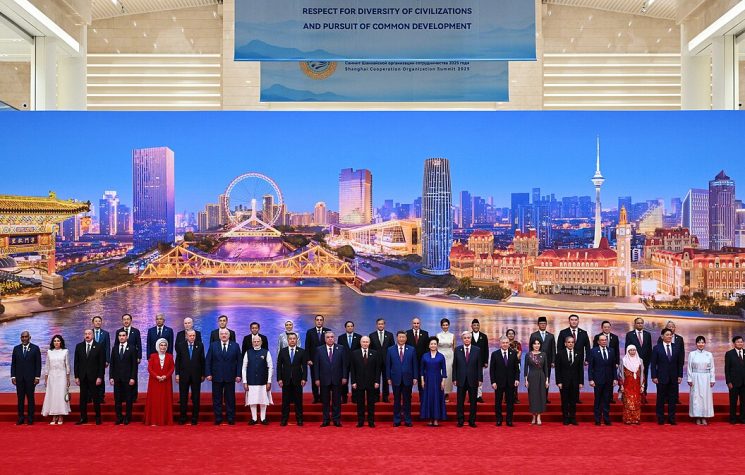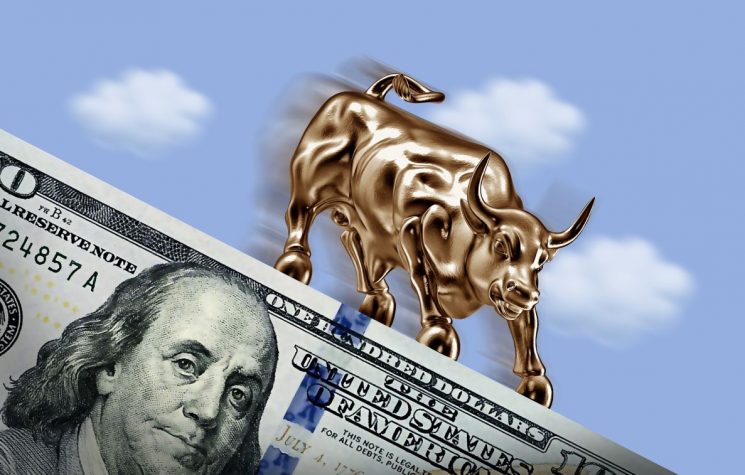While the West shows the world a path of war and suffering, Moscow offers a fruitful platform for multilateral cooperation.
Join us on Telegram![]() , Twitter
, Twitter![]() , and VK
, and VK![]() .
.
Contact us: info@strategic-culture.su
The St. Petersburg International Economic Forum (SPIEF 2025) concluded this past weekend, reaffirming its status as one of the most significant political and economic events of the contemporary world. Over the course of four days, the Russian city welcomed representatives from governments, businesses, religious institutions, academia, and think tanks from more than sixty countries to discuss, negotiate, and outline the future of the global economy under new principles. Unlike Western forums – dominated by self-congratulatory speeches and exclusionary policies – SPIEF proved to be a genuine platform for concrete cooperation, with dozens of agreements signed between Russia and emerging nations. In a world increasingly fragmented by Western-led unilateralism, the event reaffirmed Russia’s central role in the global transition toward a multipolar international order.
From the very first day, SPIEF’s halls pulsed with dynamism and optimism. Correspondent Lada Sinyutkina reported that bilateral agreements were already being discussed behind closed doors, many involving strategic investments in infrastructure, energy, and cutting-edge technologies. Alongside economic deals, the forum also addressed key geopolitical and historical issues – such as the fight against the glorification of Nazism and the defense of historical memory regarding the Second World War. These discussions served as a firm response to Western elites’ ongoing efforts to revise history and justify neocolonial policies. Russian officials made it clear that Western companies will only be allowed to resume operations in the Russian market once their governments lift sanctions—an increasingly ineffective tool of geopolitical blackmail.
A notable and defining feature of SPIEF 2025 was the active participation of the religious community. The roundtable “Religion and Economy: In Search of New Forms of Interaction Between the State and Religious Organizations” drew a full audience, highlighting growing interest in reintegrating moral and spiritual values into economic life. As Metropolitan Nikandr, head of the Financial and Economic Administration of the Moscow Patriarchate, declared: “A religious worldview is the foundation of a successful economy.” In an era dominated by materialism and an endless pursuit of profit, Russia presents an alternative – an economy driven by purpose, rooted in tradition and collective ethics.
In the following days, international delegations continued to arrive in greater numbers. Among the key moments was the meeting between the presidents of Russia and Indonesia, resulting in a new cooperation agreement paving the way for long-term energy and trade partnerships. Delegations from African, Arab, and Latin American countries took part actively in the discussions, as did Chinese business representatives such as Beijing Andoria Technology, which met with officials from the Donetsk People’s Republic (DPR) to explore potential investments. The strong presence of non-Western countries demonstrated that the world’s economic center of gravity is indeed shifting – from the Atlantic to the Global South and the Eastern Eurasian sphere.
The forum’s high point came during the plenary session with Russian President Vladimir Putin. In his keynote address, Putin emphasized Russia’s progress in high-tech sectors, advocated for the expansion of BRICS+, and outlined the construction of a new global economic architecture based on sovereignty and justice. Dedollarization was a major topic, with a strong emphasis on adopting national currencies and developing alternative financial systems to escape U.S.-controlled structures and dollar dependency. Putin was unequivocal: the new world order will be built by those who reject hegemonic domination and promote mutually beneficial cooperation.
The conclusion of SPIEF 2025 left no doubt: Russia is far from isolated – it stands at the heart of global transformation. As the G7 becomes increasingly irrelevant, trapped in a decaying model, SPIEF represents the spirit of a new era – an era of sovereignty, multipolarity, and dignity. Russia offers not just economic partnerships but a new civilizational horizon for the peoples of the world.
















